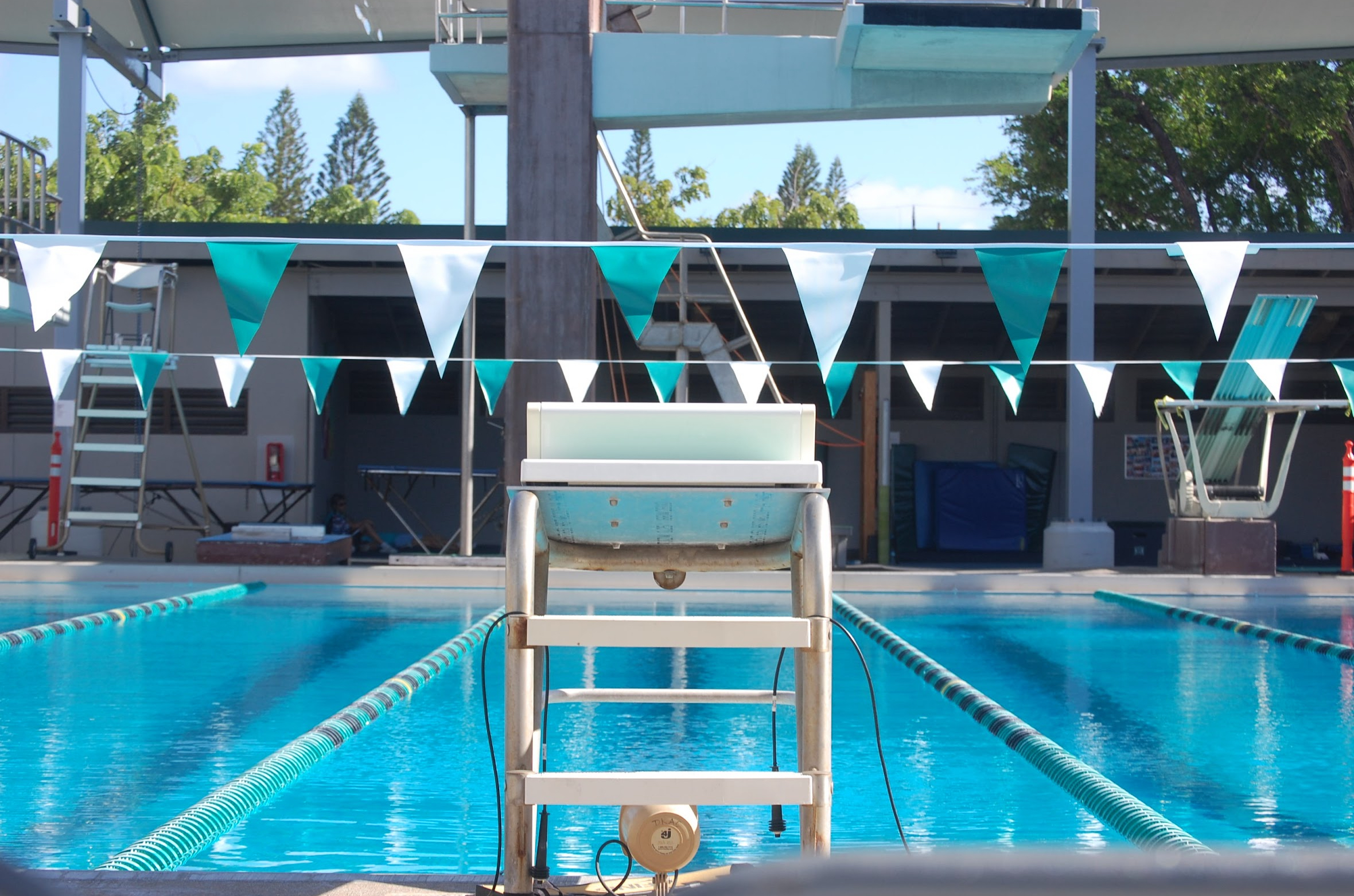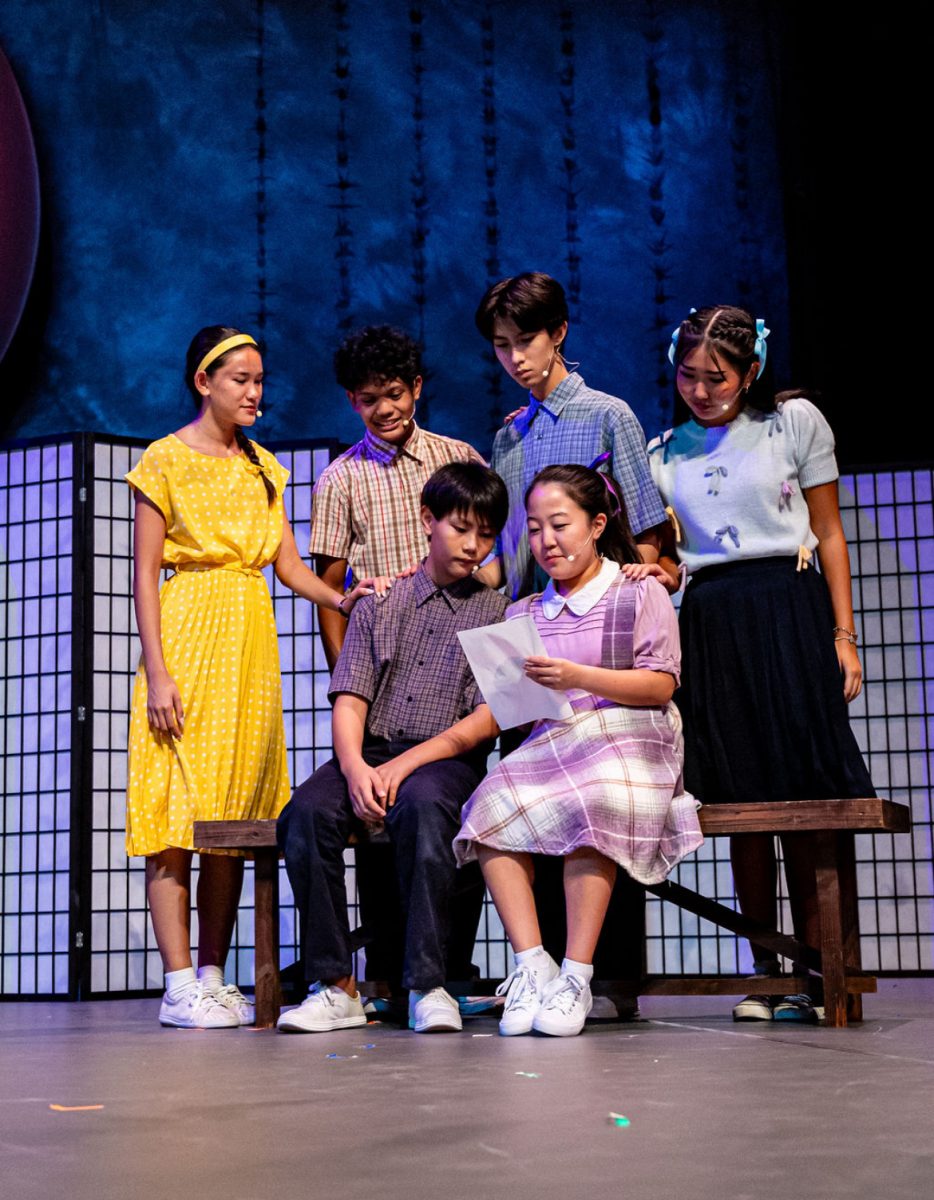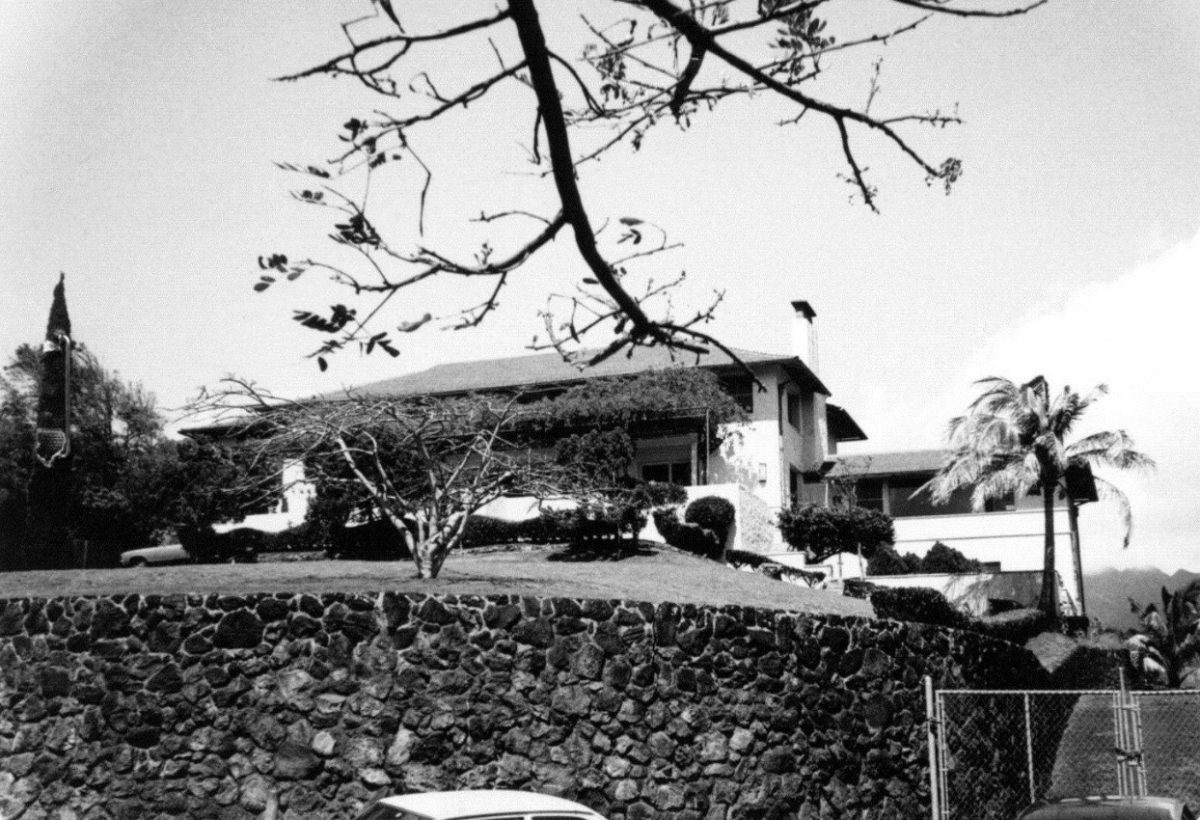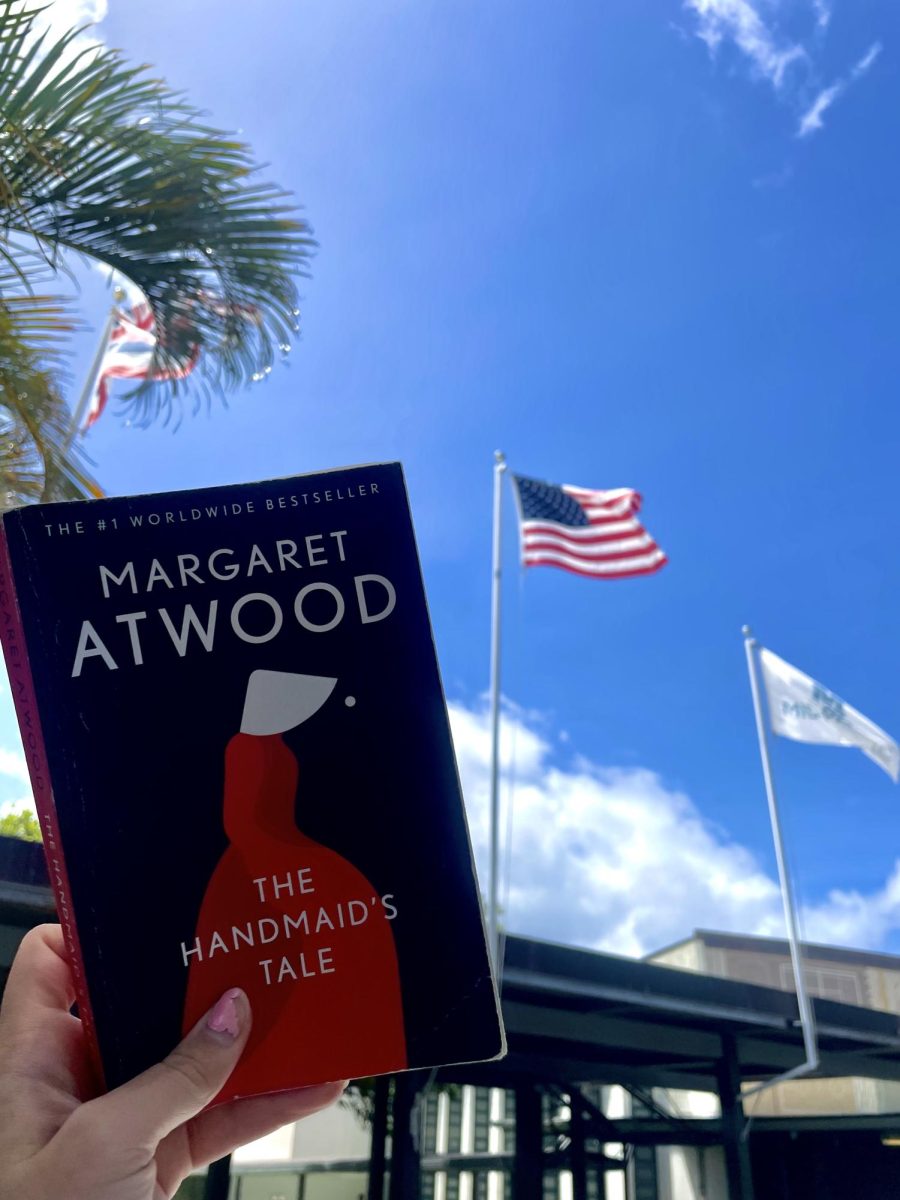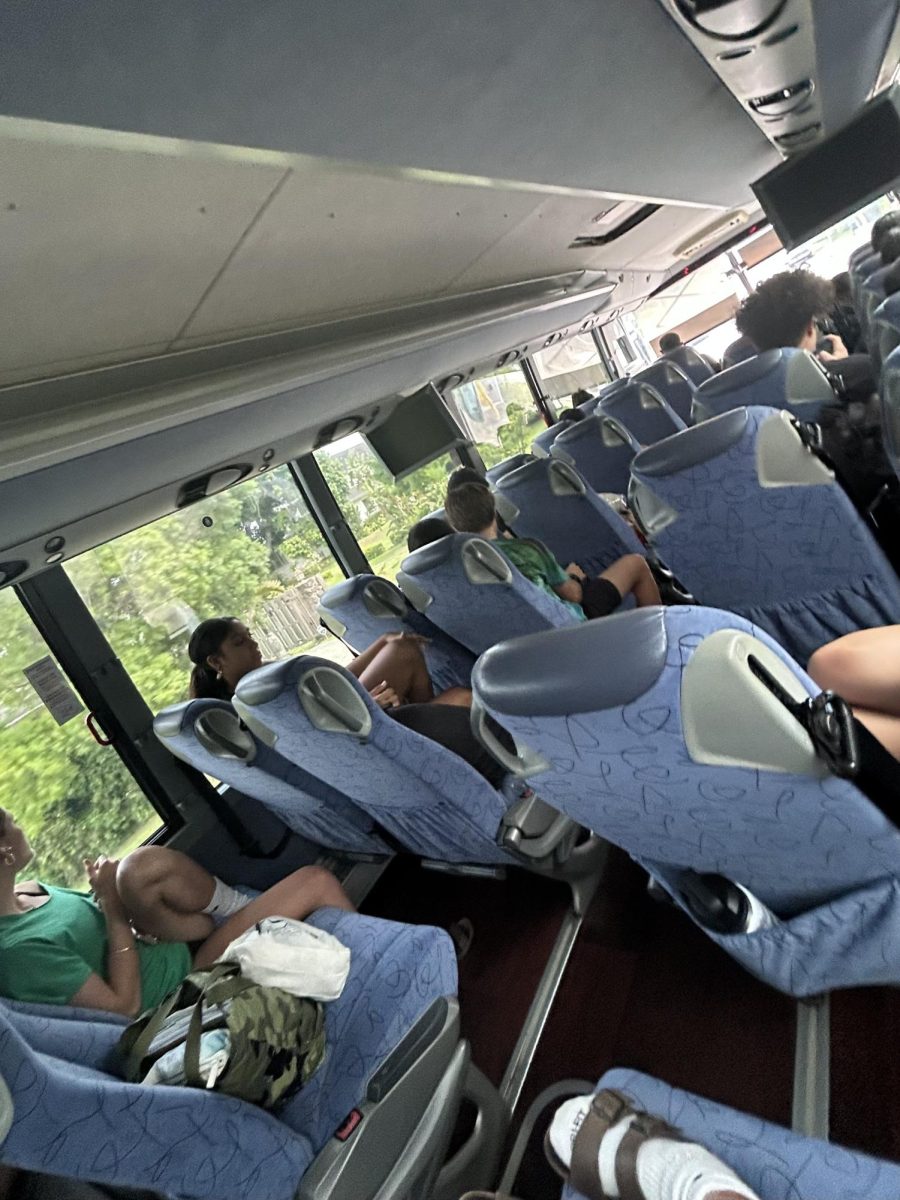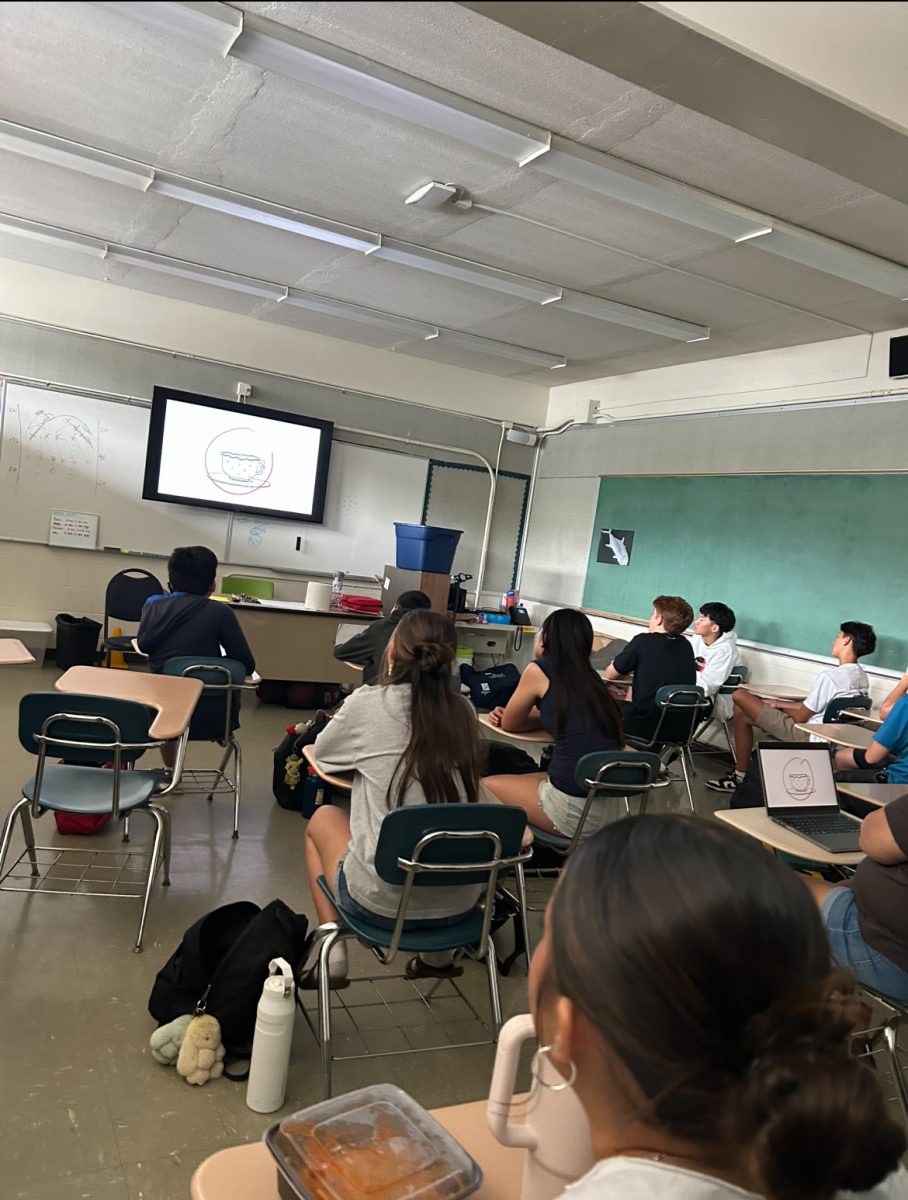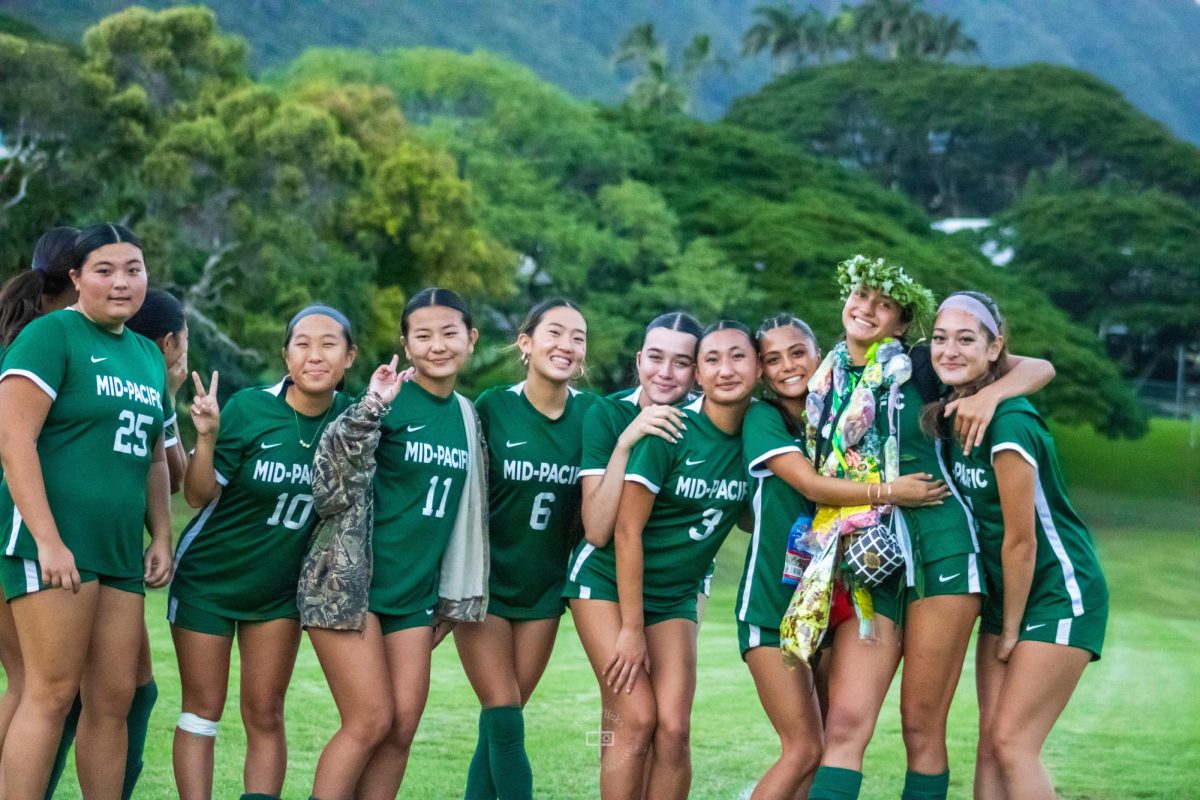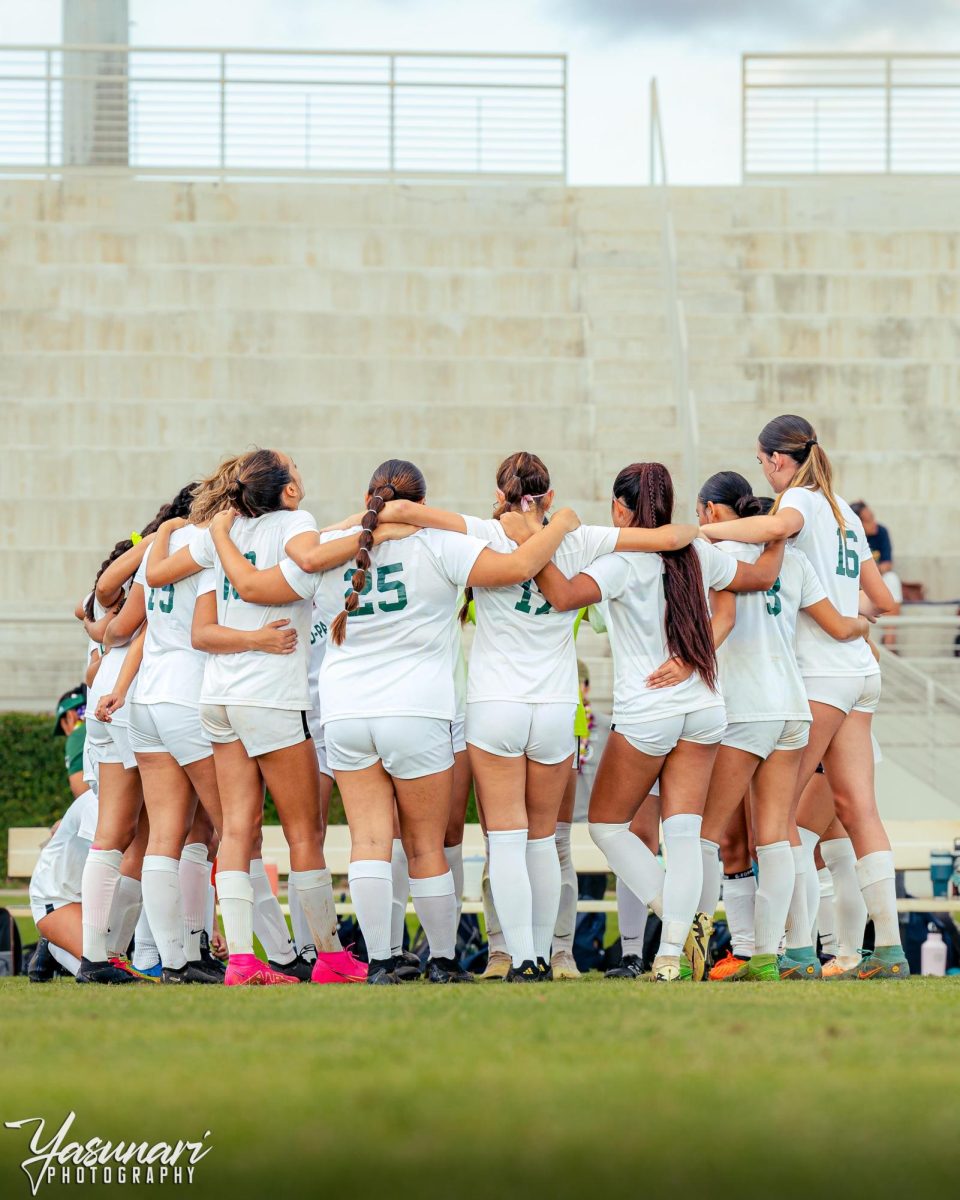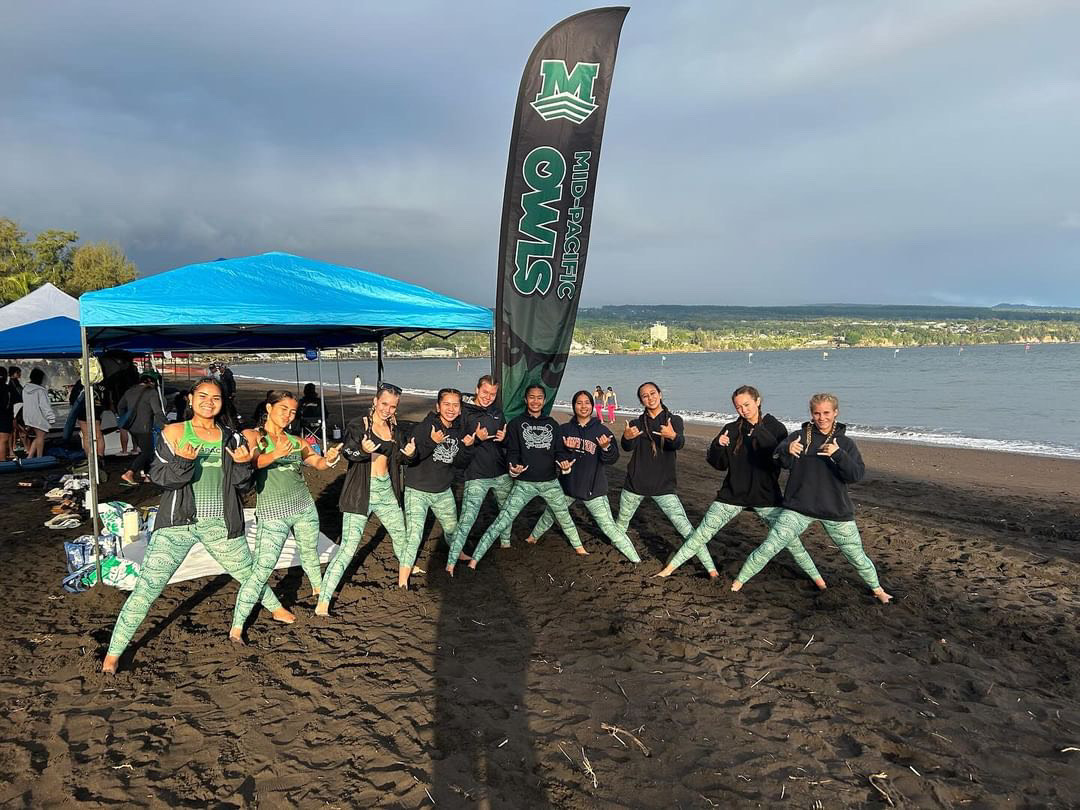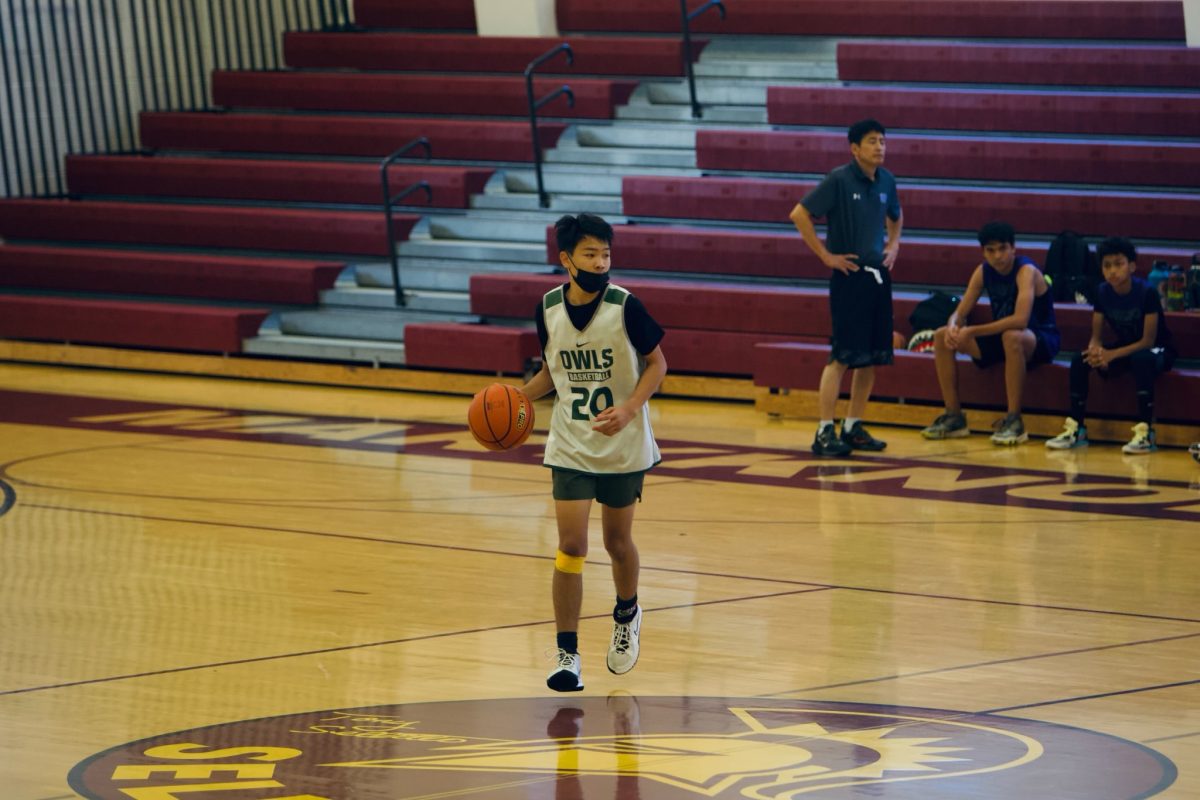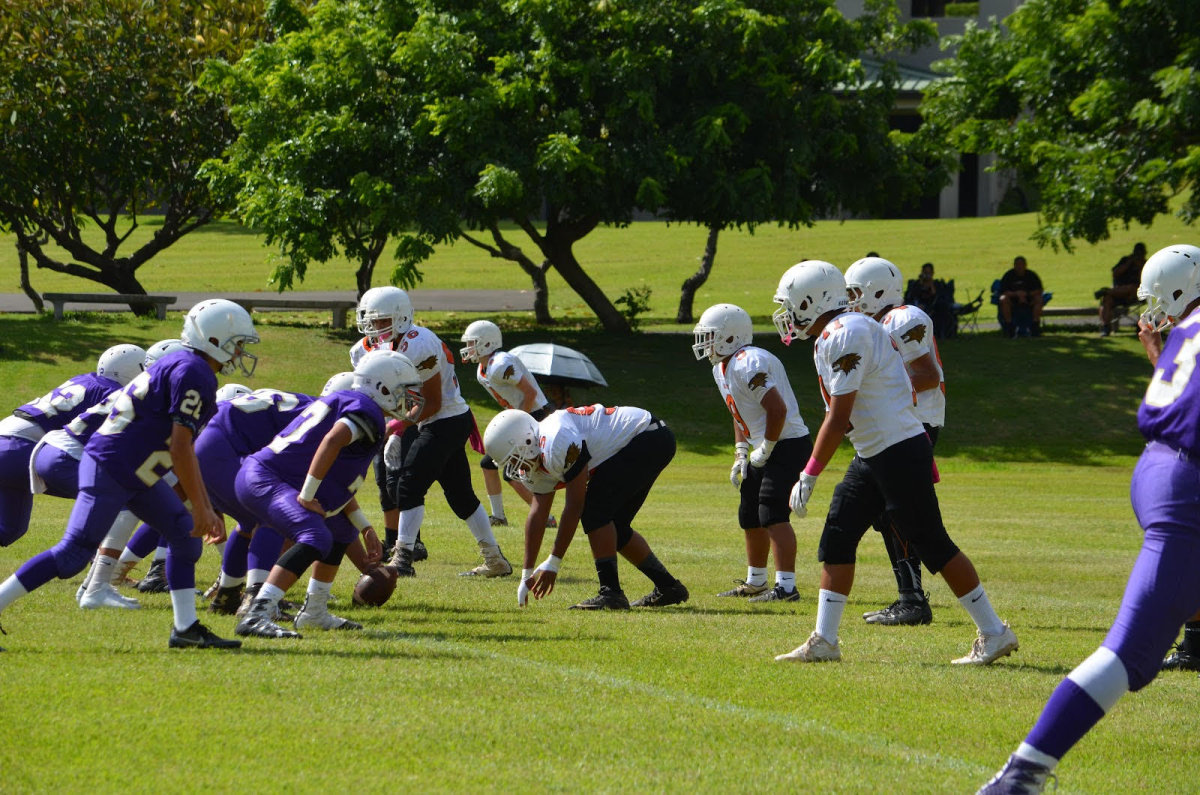It’s now December, and the academic workload is starting to pile up. Many students complain about the piles of tests, assignments, and projects they need to prepare for or finish. However, there are others who have it worse – student athletes.
The academic part of student-athlete comes first for many of these teenagers. For sophomore Raegan Mun, he expressed that the hardest part about this lifestyle is determining time management.
“You need to know how to balance your time,” Mun said.
Homework and studying especially provide a challenge to students struggling to balance their academics with their athletics.
“Playing a sport means taking time off from studying when I could be more prepared for tests instead of playing sports,” Mun said.
As a full International Baccalaureate (IB) student, team captain of the sporter air riflery team, and a member of the precision air riflery team, senior Caleb DeSoto has experienced a full student-athlete career. He said that school and athletics mix with each other often.
“For example, I take my leadership from air riflery and I learn how to work as a team and move together as one unit. I translate that into group projects,” DeSoto said.
DeSoto further comments on how his schedule is filled to the brim with sports, school, and other extracurricular activities such as volunteering.
“During the week, Monday to Friday, I don’t have any spare time. My time is usually taken up by…volunteering, doing service somewhere, hanging out with family, hanging out with friends, something to that extent to recharge that battery,” DeSoto said.
Understanding that the IB program is heavy on test-taking, utilization of time management is key. Therefore, he acknowledges his ability move his study schedule around unlike his practice schedule when aiming for his success given such rigorous coursework.
“There’s a certain time-synch it takes, especially if you’re trying to maintain a good sleep schedule,” DeSoto said.
Both DeSoto and Mun believe that time-management is critical when it comes to being a committed student-athlete.
“Well for sports, I’ve been playing basketball for around 10-11 years. For school, it took a lot of studying and time off from my free time when I could’ve hung out with friends,” Mun said.
However, a student-athlete needs a support system. This can come in the form of friends, teachers, and family. Science teacher Sarah Maile Vasconcellos commented on students receiving an excused absence for a sport.
“I tend to favor students, obviously, who have completed all their work, they have no assignments, and I know that when I let them go early, they will use that time wisely and they’re gonna make up the time for it,” Vasconcelles said.
With a history of being a student-athlete herself for Kamehameha, she understands the struggles of going to and from school for school and practices as well as preparing for games.
“My entire life, unfortunately, in high school was commuting because I lived in Wailua. I didn’t really have much time for anything else,” Vasconcelles said.
This is why she firmly believes there should be a system for students who have had to miss school to make up work using a free period or office hours.
“If they have a gameday, and what I honestly wish we would allow is to have student-athletes, yes to leave early, but to have a place for them to go. Like a study hall or whatever for periods of time when they’re sick or when they really need a little bit more support,” Vasconcelles said.
Student-athletes are challenged everyday with their priorities, whether it be practice, games, friends, tests, or homework. As these students prepare for college and contemplate their participation in their sport at the collegiate level, it is crucial for them to figure out how to manage their time wisely and efficiently.
“In doing athletics, regardless of what you do, it teaches you different things as well, and then when you couple it with something like school it gives you more opportunity to live that life and to hit snags and get better from them,” Vasconcelles said.


